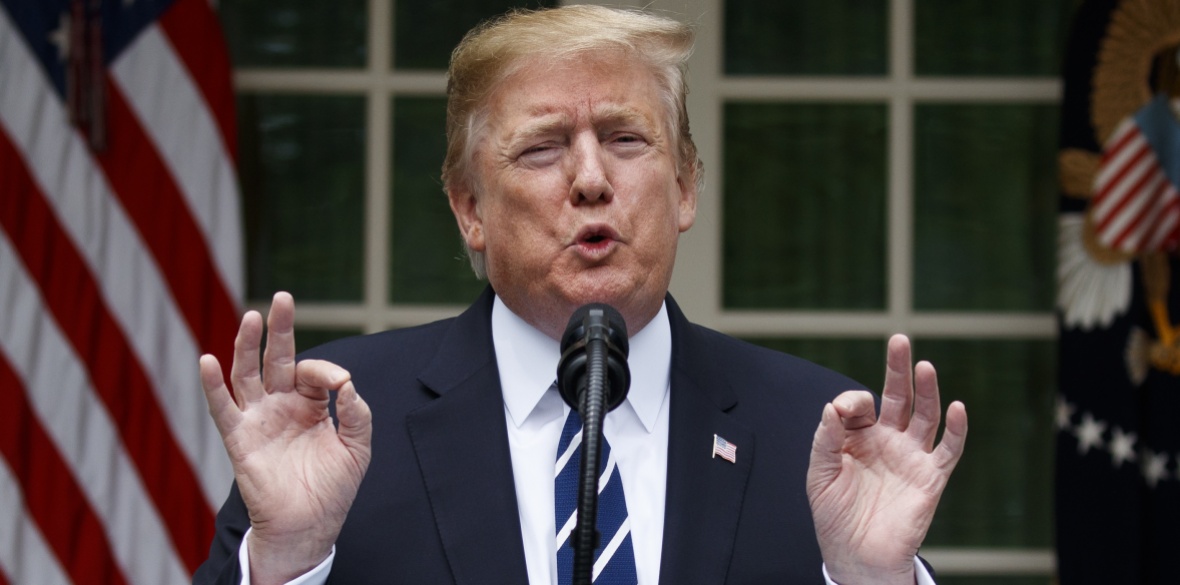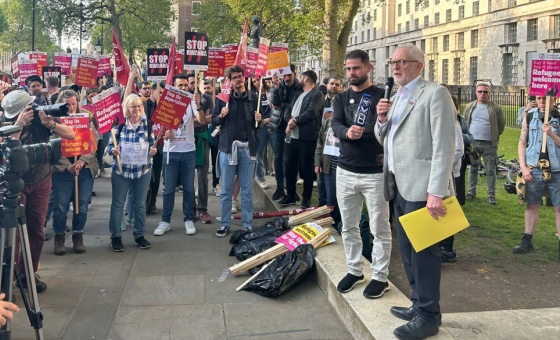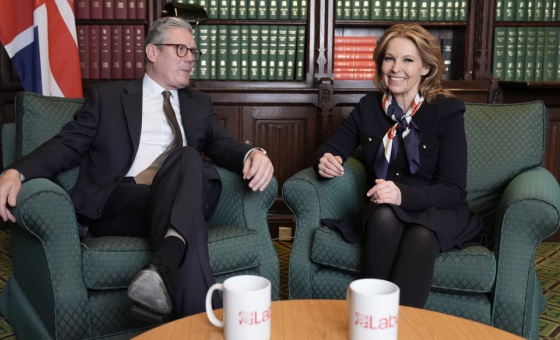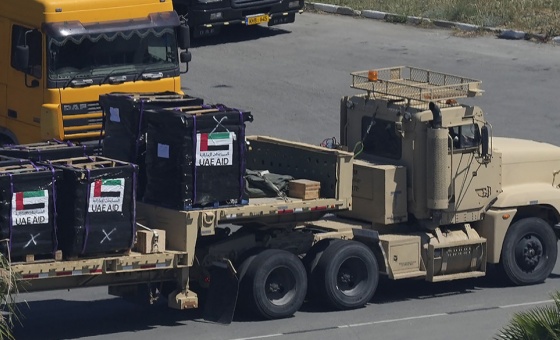DONALD TRUMP is famously unschooled in diplomacy. But he really should look at a map. He will find that deploying a naval task force in what is clearly labelled as the Persian Gulf is going to rack up tensions which he may not be able to manage or profit from.
Iranians can read a map and they know that the US has situated dozens of military facilities at and around their borders. They read that Israel is stirring the pot claiming that Iran is planning an attack on US facilities in the region. The Iranian regime desires above all its own survival and is not going to precipitate a provocation. The key factions in the Iranian regime do not want a war with the US and aim to sit out this storm.
Trump’s National Security Adviser John Bolton has a filthy reputation for upping the ante in every global hotspot where he sees US interests threatened. So much so that even the US foreign policy establishment warns that his policy is dangerous and inimical to the long-term interests of the US. Indeed some repeat the truth — recognised by every other actor in this drama — that the Trump containment policy against Iran is at the heart of the tension not only in the region but with important European interests.
Into this fraught situation stumbles Her Majesty’s Principal Secretary of State for Foreign Affairs. Jeremy Hunt has warned the Iranians not to underestimate the resolve on the US.
“They don’t want a war with Iran. But if American interests are attacked, they will retaliate,” he opined.
It is routine for Foreign Office ministers to fall in behind US foreign policy no matter how malign or maladroit it is. Hunt’s utterance illustrates something of the contradictions which currently shape the divided interests of our ruling class. For decades Britain has been the listening post and guardian — within the EU — for the interests British capital shares with the US.
Hunt’s provocative statement will anger other EU states who do not share our government’s servile stance towards Trump and — more importantly — find themselves at odds with the consequences of US military force projection in the service of its energy policy.
Even beyond its uneven relations with European states there are real contradictions at the heart of US foreign and energy policy. A year or so ago Trump proclaimed that the US export potential for liquified natural gas (LNG) would bolster a challenge to Europe’s reliance on Russian energy.
Saudi Arabia, the key US (and Israeli) regional ally, has run into real economic trouble after raising output, driving down prices and trying to price US energy exports out of the global market by making the relatively high costs of extracting energy from shale deposits relatively expensive.
Its subsidiary aim of ring-fencing neighbouring Qatar’s own energy exports has not had much success and has sharpened regional tensions which are already at crisis point because of the Saudi role in the Yemen war.
US big business faced down the Saudi challenge by pumping billions of dollars of investment into its domestic fracking operations, maintaining production, and leaving the Saudi regime bruised.
A year ago, Trump scrapped the 2015 Iran nuclear deal and imposed new banking and oil sanctions that have damaged Iran’s economy and greatly destabilised the clerical regime which has enough home grown problems.
Britain needs a government which acts in the interests of our people, takes an ethical stand towards other nations and follows an energy policy that neither damages our planet nor contributes to war. When he visits let’s give Trump a headache.












